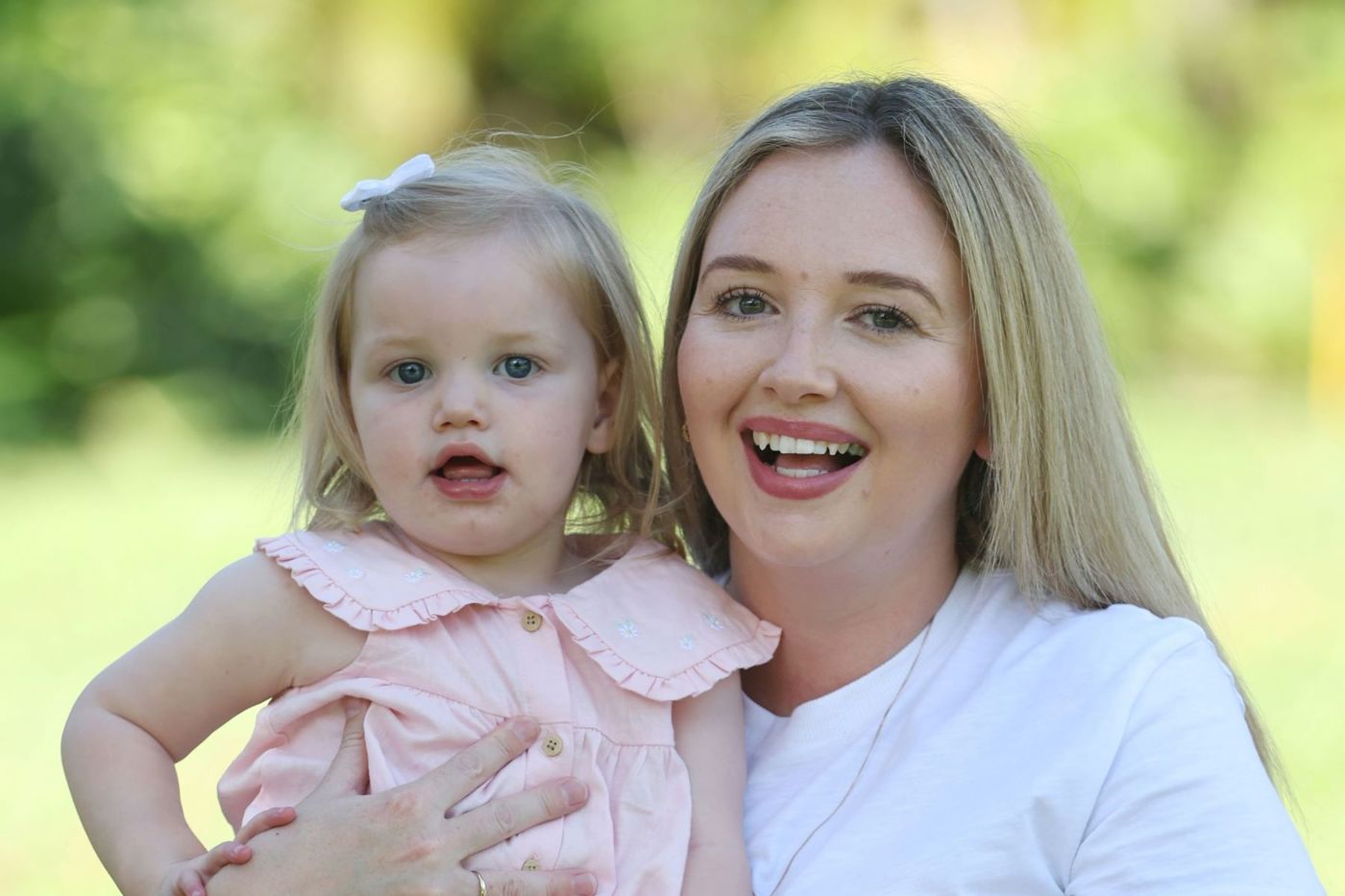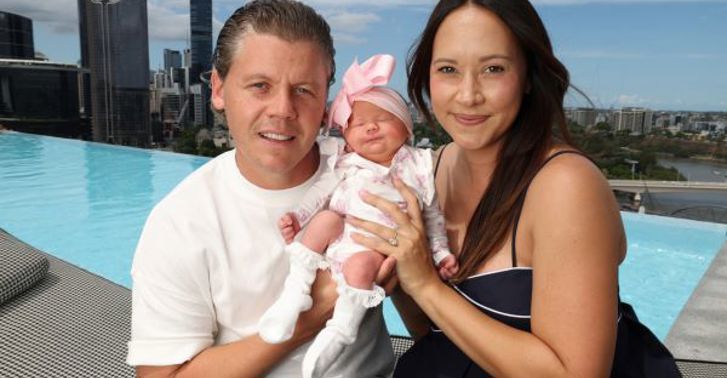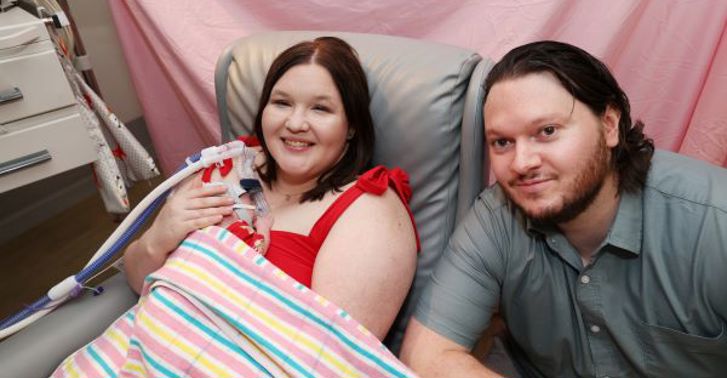
Australia is leading the world in the fight against cervical cancer – but Mater doctors are warning complacency about the disease is still needlessly claiming lives.
Despite a national screening program and the launch of the world’s first HPV vaccination program in 2007, around 250 Australian women a year are still dying from the disease.
Mater Hospital Brisbane gynaecological oncologist Dr Nim Cabraal said the deaths were ‘completely preventable’.
“Not only can we now prevent women developing cervical cancer, we can also prevent women from dying from it – but only if they are screened in time,” Dr Cabraal said.
“Eighty-five per cent of women diagnosed with cervical cancer have not been screened in the last 10 years.
“The pre-cancerous changes that lead to cervical cancer can be treated successfully using very simple measures, once detected.”
Women aged 25-74 are invited to participate in cervical screening with their health provider every five years. The test can be performed by a doctor, nurse or through a self-collection option.
But according to the National Cervical Screening program, 27 per cent of women aged 25–74 were not screened between 2019-2023.
Most cervical cancers are triggered by infection with HPV (Human papillomavirus), a common infection that most adults will have at some stage of their life.
Australia’s first HPV vaccine protected against four HPV sub-types responsible for 70 per cent of cervical cancer cases. The updated vaccine prevents 90 per cent of cervical cancers.
“Even if vaccinated, some women will get cervical cancer because of the small number of sub-types the vaccine does not protect against,” Dr Cabraal said.
“There is also still a very large population of women who were not vaccinated. “So while we expect to see a reduction in diagnosis among women who were vaccinated, all women are still at risk.
“There is no scenario in which women under 75 do not need to be screened.”
Mater, which runs the largest gynaecological oncology service in Queensland, is urging women to check when their next screening appointment as part of Cervical Cancer Awareness Week (November 17–23).
Brisbane cervical cancer survivor Shauna O’Neill, 31, grew up in Ireland and was never vaccinated against HPV.
After giving birth to her second child, daughter Layla, at Mater Mothers’ Hospital in November 2023, she was told her cervical screening test was overdue.
“I had last had one after the birth of my son Alex, who’s now eight,” Ms O’Neill said.
“A few months later I had the test and the doctors’ surgery rang me to say ‘You need to come in’.
“Initially they thought it was early-stage cervical cancer, but the biopsies showed it was more advanced.
“I was shocked. You never think it is going to happen to you. My daughter was just five months old, my son was eight – you can’t help fearing the worst when you are told you have cancer.”
Ms O’Neill, a mental health support worker, underwent a hysterectomy at Mater Hospital Brisbane to prevent the disease’s spread and is now cancer-free, with no need for chemo or radiotherapy.
“It’s been a very emotional time, but I’m blessed to have my children,” Ms O’Neill said.
“I had planned to have a bigger family with my partner Tom, who has been amazing, but I need to be here for my children, to be a parent to them.”
She has a simple message for other women during Cervical Cancer Awareness Week.
“Never miss your cervical screening test,” she said.
“It might be uncomfortable or feel awkward, but it’s 10 minutes that can save your life.”



